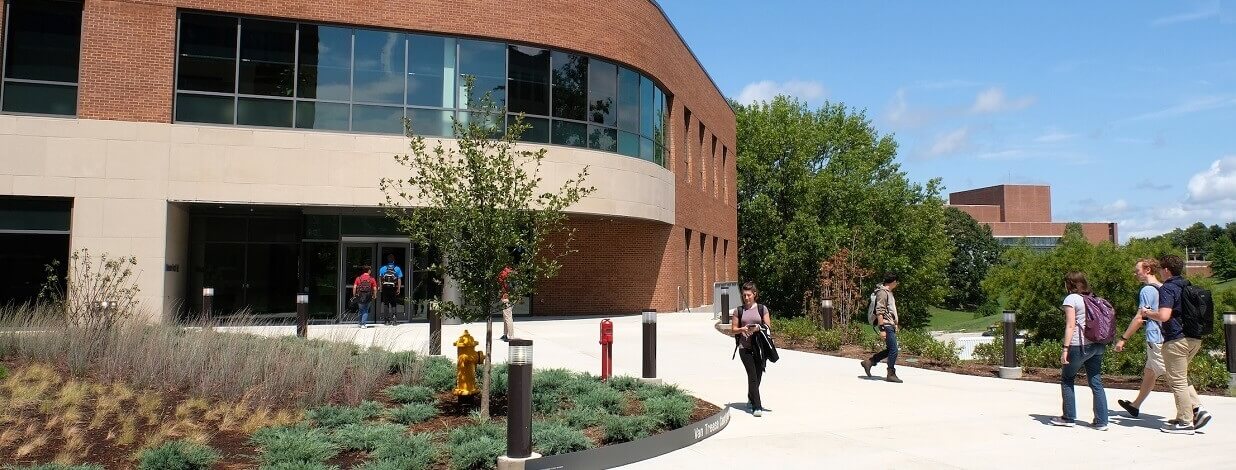Document Type
Article
Abstract
Trust and liking are attitudes with important implications for automation reliance in single-advisor settings; however, the extent to which their relationships with reliance generalise to settings in which the user receives conflicting advice from a human and automation is unknown. Participants completed an X-ray screening task and received simultaneous advice from what they believed was another human and an automated aid. High disuse was found for both advisors. Among participants who relied on advice, those with greater relative liking for the automation than for the human significantly increased their reliance on the automation relative to the human during the first half of the task. No significant relationships were found between relative trust or relative liking with reliance in the later part of the task, suggesting that reliance processes in dual-advisor settings may differ from those in single-advisor settings.
Publication Date
11-13-2015
Publication Title
International Journal of Human Factors and Ergonomics
Volume
3
Issue
3/4
First Page
327
Last Page
345
DOI
10.1504/IJHFE.2015.072982
Recommended Citation
Merritt, Stephanie M.; Sinha, Ruchi; Curran, Paul G.; and Ilgen, Daniel R., "Attitudinal predictors of relative reliance on human vs. automated advisors" (2015). Ed G. Smith College of Business Faculty Works. 18.
DOI: https://doi.org/10.1504/IJHFE.2015.072982
Available at:
https://irl.umsl.edu/business-faculty/18


